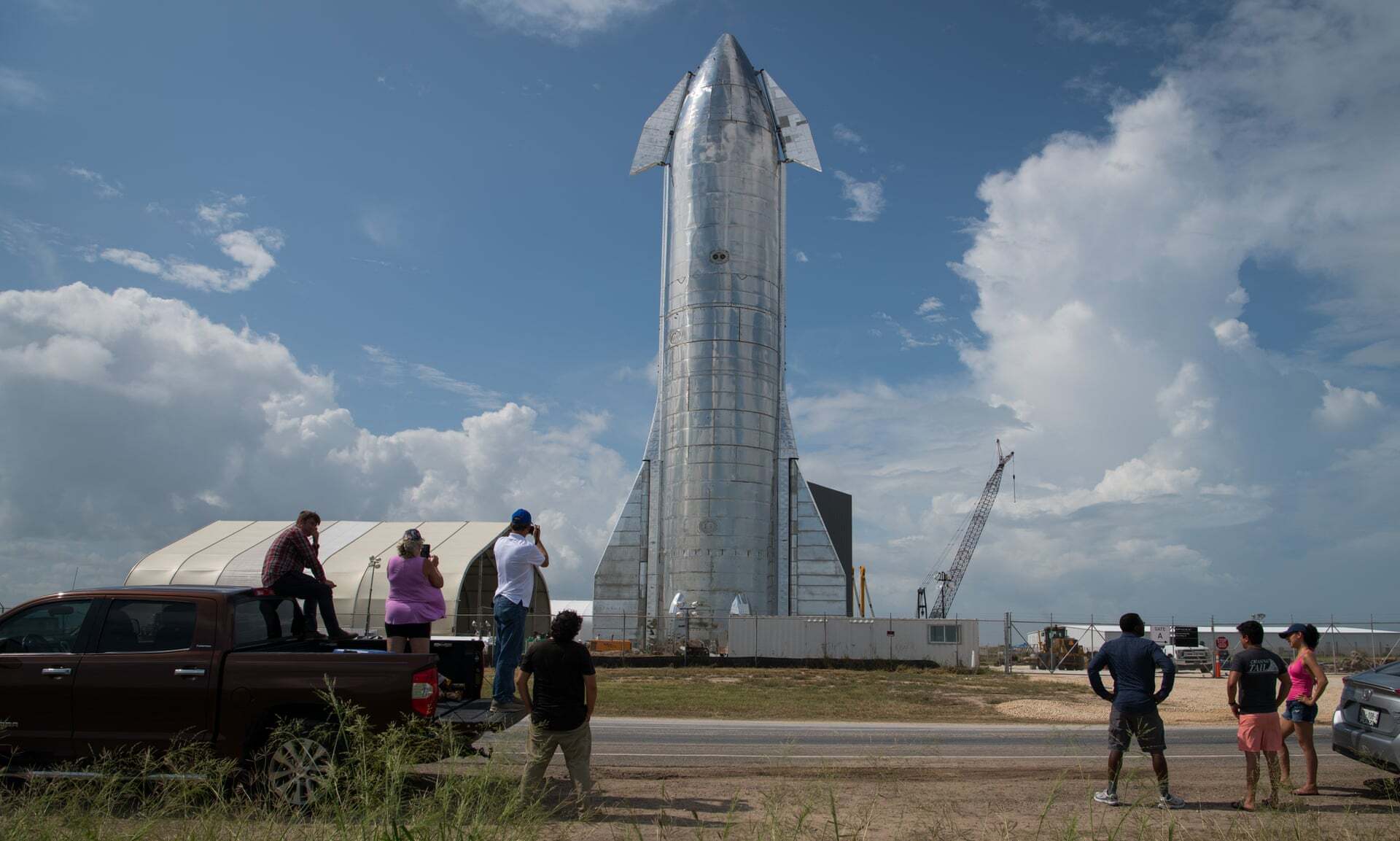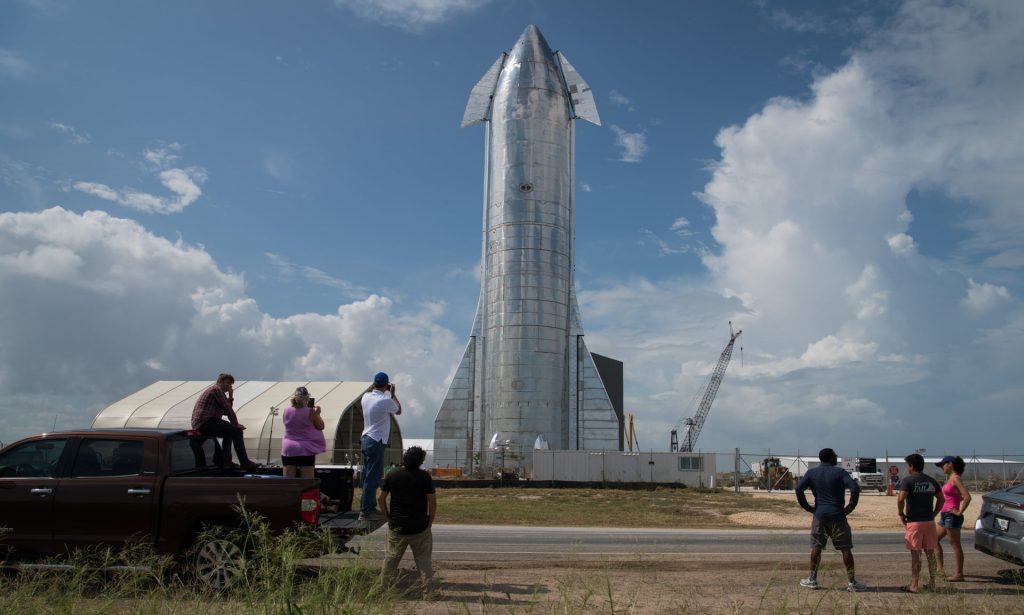 SpaceX may have blown up a few of its rockets to get to this point but we have to give the company credit: When they get it right, they scale up quickly. On the heels of finally landing one of its Starship prototypes (SN15 is the one that made it down intact), the company is planning a much more ambitious orbital test of its new rocket system.
SpaceX may have blown up a few of its rockets to get to this point but we have to give the company credit: When they get it right, they scale up quickly. On the heels of finally landing one of its Starship prototypes (SN15 is the one that made it down intact), the company is planning a much more ambitious orbital test of its new rocket system.
SpaceX is shooting for the stars
Previous Starship tests have seen the large rocket launching 10km into the air before dropping back to attempt a vertical landing. Try to imagine a Boeing 747 performing a 9km vertical drop before touching down on a runway and you’ll have some idea how hard this is to execute. But documents filed with the Federal Communications Commission (FCC) in the States have revealed a much more impressive test of Starship’s capabilities.
SpaceX intends to stick Starship onto a super-heavy booster stage and launch it into a low Earth orbit from Boca Chica in Texas. The booster would detach from Starship 170 seconds into the flight, returning to “…perform a partial return and land in the Gulf of Mexico approximately 20 miles from the shore.”
Starship itself will go on into orbit, performing an almost-complete circuit of the planet before attempting to land off the coast of Kauai, Hawaii. The landing would be a “soft ocean landing”, but one that would be directed, so it seems the company intends to sacrifice the Starship prototype for this test.
There’s no date set for this to take place, but when it does, SpaceX intends to “…collect as much data as possible during flight to quantify entry dynamics and better understand what the vehicle experiences in a flight regime that is extremely difficult to accurately predict or replicate computationally.” That’s the whole point of this one — they’re after more data and they’re not scared of blowing a rocket up to collect it. The test could take place at any point before 1 March 2022, so we’ll be keeping an eye out for the announcement of this one.
Source: FCC (document) via The Verge




